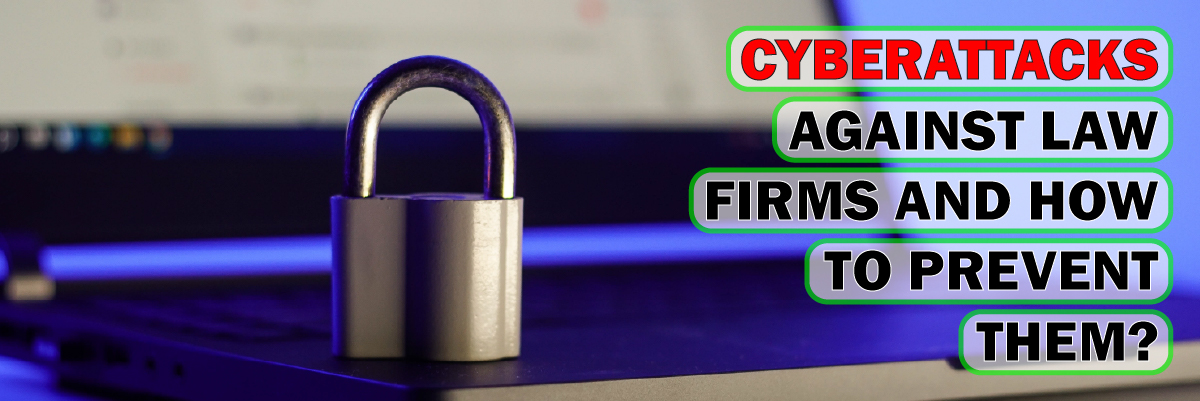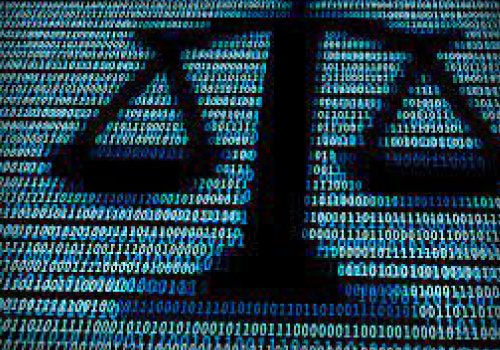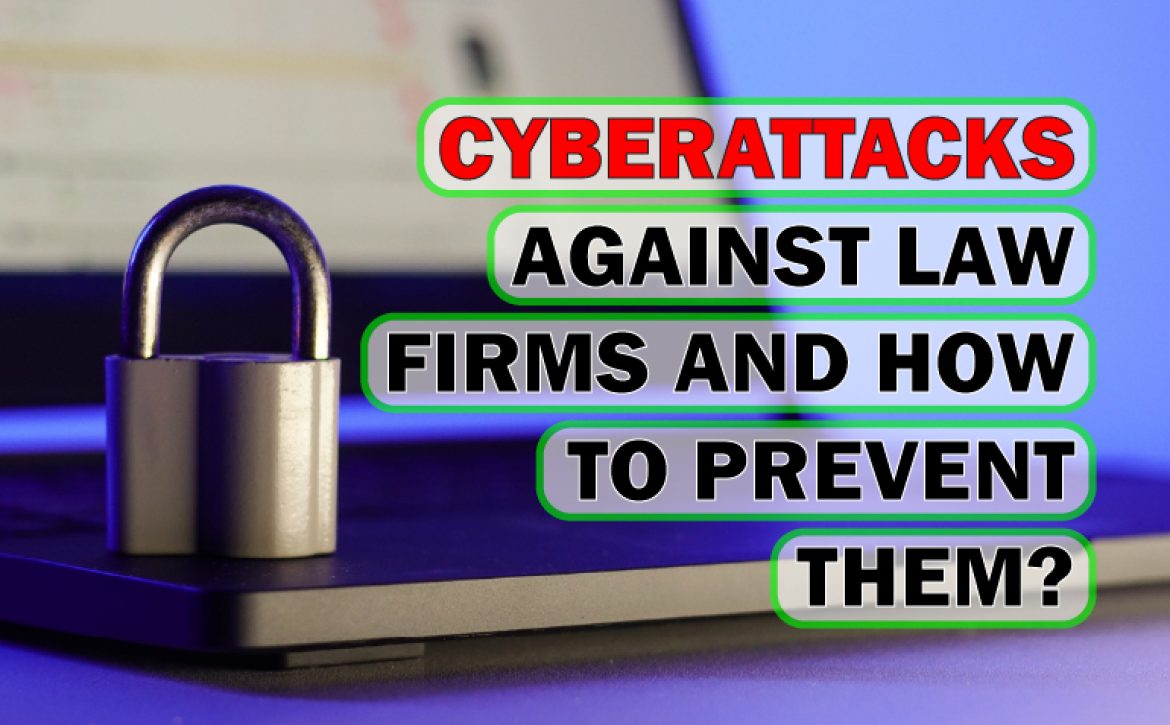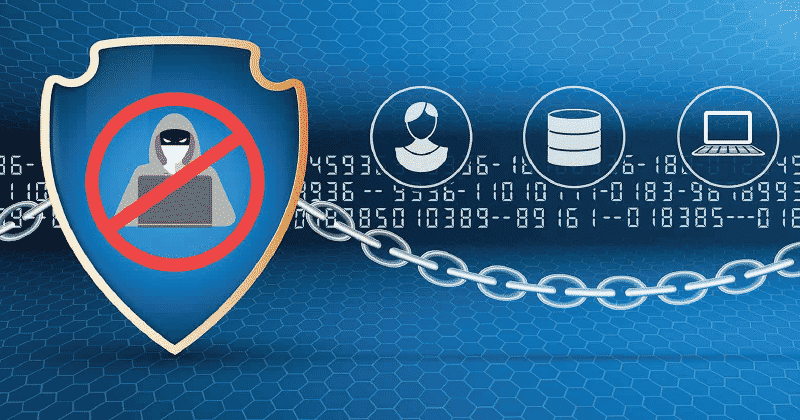How to Prevent Cyberattacks Against Law Firms?

Cyberattacks Against Law Firms and How to Prevent Them?
No company of any size, including law firms, can afford to ignore the extensive media coverage of cyber security and its hazards. It would be a mistake to believe that smaller firms are not being targeted. On the contrary, according to the Verizon Data Breach Investigations Report,
- Human error was responsible for 85 percent of the breaches.
- Phishing was implicated in 36% of breaches, up 11% from the previous year.
- Ransomware was used in 10% of breaches this year, up from 5% last year.
Due to the large quantities of money, information, and customer data that law firms hold, cyber-attacks against them are becoming more common. According to the American Bar Association, more than 25% of law firms have experienced cyber-attacks. This proportion was 35% among law businesses with 10 to 49 attorneys, implying that over one-third of small law firms had been hacked. During the poll, 99% of participants said their legal firm employs password management security.
The fact that 25% of survey respondents said their legal business had been hacked at some point is perhaps the most surprising number. Law firms are an obvious target for cybercriminals; with so much data on so many people and businesses, law firms are a one-stop-shop for harvesting a wealth of data.
Why Are Law Firms More Vulnerable to Cyber Attacks?
Law firms are vulnerable because they often deal with sensitive information on behalf of their clients. This includes client files, billing information, and other confidential data such as intellectual property rights or personal information about employees or associates.
In addition to their vulnerability to cyberattacks, law firms also have network security issues because many rely on third-party vendors for cloud storage or email services. A single breach could expose all of their data at once if it is not adequately secured.
Types of Cyberattacks Against Law Firms
The following are some of the most common types of cyberattacks against law firms:
1. Malware Infections
Malware is software used to gain access to private computer systems and networks. According to an American Bar Association research, 29% of law firms reported a security breach, with more than 1 in 5 unsure if there was a breach and 36% reporting previous malware attacks in their systems.
2. Ransomware
This malware locks down files on your computer until the victim pays a ransom. It’s become an increasingly common tactic among cybercriminals in recent years.
Law firms, unfortunately, are more vulnerable than other types of enterprises. According to a research issued in May by security firm BlueVoyant, 15% of a global sample of tens of thousands of legal firms had indicators of infiltrated networks, and all organizations were targeted by focused threat activity.
3. Phishing attacks
Phishing attacks are one of the most common types of a cyberattack against law firms. These attacks occur when an email is sent out to employees with a link to a fake website or attachment. This attack aims to get confidential information from the victim, such as usernames, passwords, and bank account details. By 2021, Phishing attacks have climbed by 11%, causing the law firms massive trouble.
4. Insider Threats
According to Egress, insider breach risk is a crucial worry for 96% of IT leaders in the legal sector. It’s simple to dismiss these risks as “your staff.” It’s correct, yet it’s also lacking. Insider threats are divided into two categories.
- These employees are deliberately causing hurt, devastation, and turmoil in your organization.
- Employees who acquire access due to carelessness, negligence, or inadequate systems and processes.
5. Credential theft
This attack involves a hacker obtaining valid login credentials from someone who has legitimate access to a law firm’s network or system. Last year, credential theft was used in 61% of data breaches, posing a significant risk to businesses. It usually begins with a phishing email intended to dupe partners, lawyers, or employees into revealing login credentials.
6. Fraudulent invoicing
Law firms receive invoices for services rendered by other companies. Attackers can send fake invoices to law firms and request payment using a fraudulent bank account or routing number.
 How to Protect Your Law Firm Against Cyberattacks
How to Protect Your Law Firm Against Cyberattacks
Here are some ways you can protect your law firm against cyberattacks:
● Improve your security culture
The most important step you can take in improving your organization’s security culture. Make it clear that everyone in your firm is responsible for the security and that there will be consequences if they don’t follow proper procedures.
● Implement basic cybersecurity measures
Install antivirus software on all computers and servers, set up firewalls, encrypt sensitive data and conduct regular audits of your IT infrastructure. These basic measures will go a long way toward protecting your firm from cyberattacks.
● Practice secure file sharing
A critical first step for safeguarding your firm from cybercrime is practicing secure file sharing. This means using a secure connection when uploading files such as Word documents and PDFs onto an online storage service like Box or Google Drive. It would be best if you also use two-step verification whenever possible, which requires users to enter an additional passcode sent via text message each time they log in from an unrecognized device or location.
● Budget for Security
Law firms often prioritize cybersecurity because it seems like something that can be dealt with later. However, it’s important to remember that this is not just about protecting confidential information but also protecting client trust and business relationships with other companies. And when you lose those things due to a data breach, they’re tough to regain.
● Encrypt sensitive data
Encryption is one of the most effective ways to protect your sensitive information from hackers. It’s important to note that encryption doesn’t just apply to emails and other documents
s containing personal information but also to files containing sensitive client information such as names and addresses. The more secure your data is, the harder it will be for hackers to access it.
● Be Proactive
Hire an outside firm to conduct security audits and provide recommendations for improvements. You should also invest in advanced technologies, such as firewalls and intrusion detection systems (IDS), which can help prevent attacks.
● Protecting your network with firewalls
Firewalls are software programs that filter incoming traffic on a network to prevent unauthorized access and block malicious traffic such as malware or viruses. Firewalls should protect all devices on your network so unauthorized users can’t access them remotely.
● Installing antivirus software on all devices
Antivirus software scans files before they’re opened or run to ensure they’re not infected with viruses or malware (including ransomware). All computers used by employees should have antivirus software installed on them and any mobile devices used by employees outside the office (e.g., laptops, smartphones).
Final Words
In today’s online world, hackers look for loopholes in organizations’ IT infrastructure. Law firms particularly need to take a proactive approach when it comes to cyber threats. They should implement robust cybersecurity measures to secure client data, employee and company information, contracts, and valuable intellectual property. By doing so, they can protect themselves and their clients from cybercriminals targeting the legal industry in the future.
Protected Harbor prevents malicious actors from gaining unauthorized access to your data and systems, keeping your clients’ data secure and your company out of the headlines. It also keeps your employees safe from phishing scams and malware. With a robust data backup system in place, your law firm will always have a backup plan in case of disaster. You can keep your team focused on serving your clients and growing your business instead of worrying about keeping themselves and your data safe from hackers. We are giving free IT audits and tests for law firms. Contact us today, be secured.





 After the coronavirus outbreak, everyone is doing their
After the coronavirus outbreak, everyone is doing their  Tell Employees to use Two-Factor Authentication.
Tell Employees to use Two-Factor Authentication.